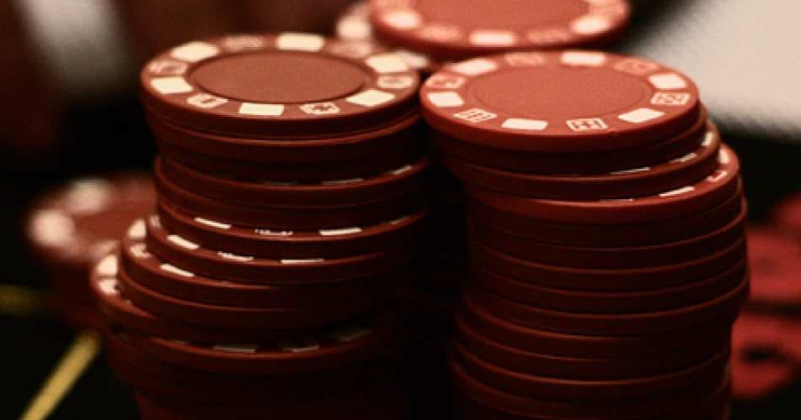

A study to be presented at the Brain and Mind Centre Symposium 2020 today shows that over six months from the early days of COVID-19 to November, gambling frequency reduced, signalling a window of opportunity post-pandemic.


A study by the University of Sydney has found that in the six months since gambling venues were shut down due to the COVID-19 pandemic and subsequently re-opened, the average person reduced the number of times they gambled but no changes were seen among those experiencing gambling problems.
The gambling results will be presented today at the Brain and Mind Centre Symposium, which is focused on what can be expected in brain and mind sciences research.
“Our preliminary results indicate that most people are gambling less frequently, even as venues re-open and we start to get back to normal life, but more efforts are needed to help people experiencing gambling problems to get the support they need,” said Dr Nicola Black, a senior research fellow who will present the results at the Symposium this afternoon.
The group of researchers, based at the Gambling Treatment and Research Clinic and Technology Addiction Team in the Brain and Mind Centre, conducted a series of online surveys in May, August and November this year to examine the impacts of changes in the availability of gambling in pubs, clubs, and casinos on Australians’ gambling habits.
Associate Professor Sally Gainsbury, study lead and director of the Gambling Treatment and Research Clinic, said the preliminary results indicated that the level of gambling problems experienced by people in the study had not changed over the course of the six-month period.
“Overall, most people with gambling problems seem to have reduced how frequently they gamble compared to pre-COVID levels – but only by a small amount, and not enough to see any real reduction in gambling-related problems,” said Associate Professor Gainsbury, from the Faculty of Science’s School of Psychology.
“Our findings from the first survey in May indicated many people found the venue closures were helping them to break their gambling problem; but these latest findings suggest that in many cases, their problems may have persisted.”
“We may still be in a window where people experiencing problems are more open to changing their gambling habits. However, without professional support, overcoming entrenched gambling problems can be very hard.”






































